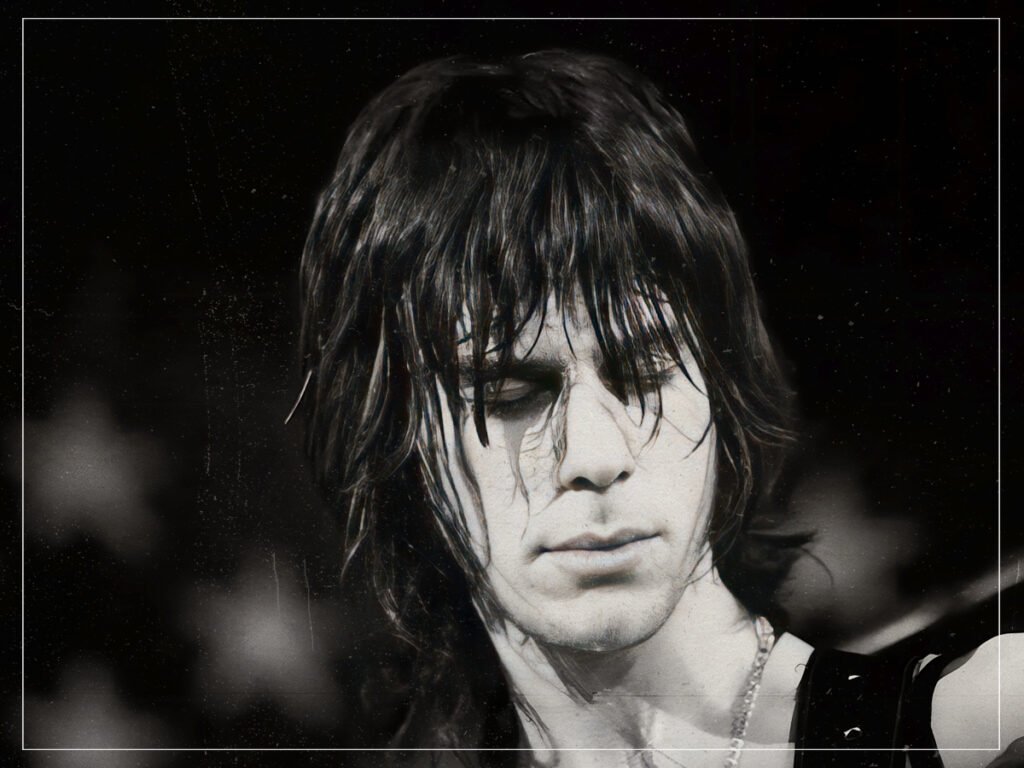
(Credits: Far Out / Alamy)
The electric guitar will forever be synonymous with rock and roll.
There might be other people who try to make their living in the business by getting behind a piano or wrapping themselves around the microphone, but whenever someone thinks of the archetype for a rock star, everyone from Jimmy Page to Slash to Eddie Van Halen all got there with a guitar in their hands. And while Jeff Beck was proud to be one of the best guitar players in the rock sphere, he was also interested in the mechanics of the instrument more than anybody else working at the time.
The whole premise behind any rock and roller was to make something that sounded different from the person next to you, and Beck might be one of the few people who never played a derivative note in his life. There were pieces of his sound that came from blues, but there was also the odd sound effect that came out of his guitar that sounded more like someone trying to speak through an instrument.
Countless guitarists followed his lead of getting strange sounds out of their instruments, like Steve Vai and Joe Satriani, but what Beck was doing went beyond the traditional scale shapes that people were used to. If you wanted that, you were better off listening to Eric Clapton, but since Beck saw the guitar as a new instrument, that meant it could be moulded in certain ways to suit what he wanted.
Les Paul: The godfather of guitar innovation
Then again, it’s not like he was the first person to think of what the guitar could do. From the likes of Chuck Berry to Robert Johnson had twisted the blues foundations into rock and roll to suit their needs, but in terms of modern guitar, Les Paul was in a class all his own. He and Mary Ford may have been an entertaining duo, but as soon as he became a guitar manufacturer, he discovered the smooth tone everyone associates with rock and roll.
Even though he started as a lover of music, Beck said that no artist would be doing anything were it not for Paul breaking down the doors, saying, “He was there when I was really small. He was the kernel that grew into the tree, as it were. Later, you find out people like Django Reinhardt were there before Les. But Les was so pivotal in electric guitar playing. He’s the guy that put it on the map. No question. And he understood everything about sounds and recording and circuits and valves and all that.”
That’s not to discount the players that came before Paul, either, as every blues guitarist had done their part to make sure that every gig sounded immaculate. But Paul was the one that helped put that sound in the hands of so many kids with dreams of being bigger, whether that was Eddie Van Halen taking the headstock and neck to create his Frankenstein guitar or Tom Morello using a Gibson in his later years to get some of the craziest sounds anyone has ever heard.
And while Beck stuck with his signature Fender Stratocaster throughout his career, it’s not like he didn’t take a few cues from Paul. He was always paying attention to what the new guitars sounded like, and even if he could get what he wanted out of his own instrument, it was important that he did his homework to see what kind of moves he could incorporate into his own style.
Les Paul knew his place as one of the most humble guitarists in the world, but when you look at how much history traces back to him, there’s no debating that he completely reshaped the world of the instrument. Because, even if someone has never heard of him in their lives, a Gibson Les Paul is still the first thing that pops into people’s minds when they think of what a badass guitar should look like.
Related Topics
The Far Out Music Newsletter
All the latest music news from the independant voice of culture.
Straight to your inbox.

